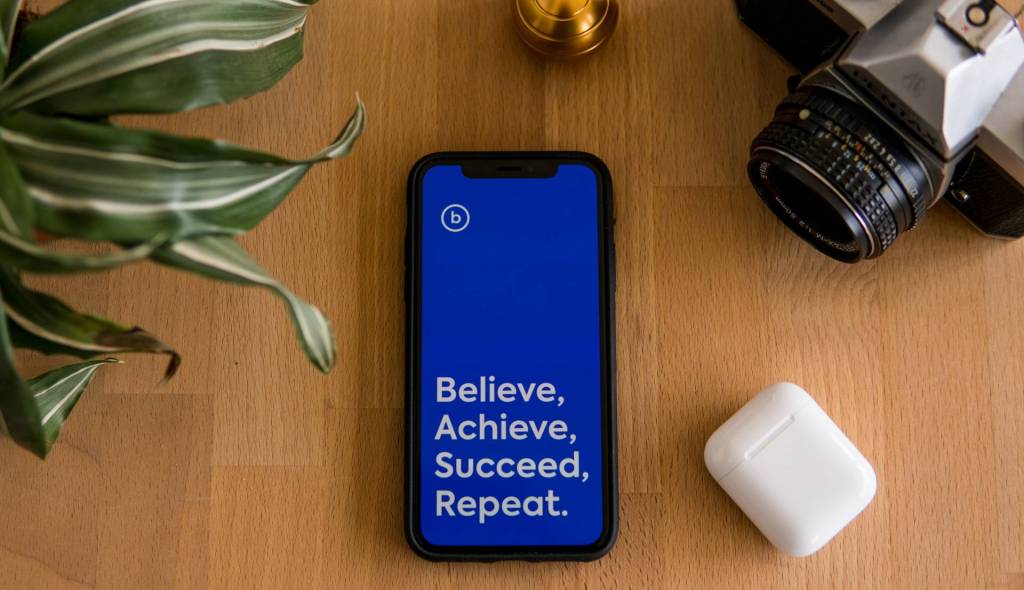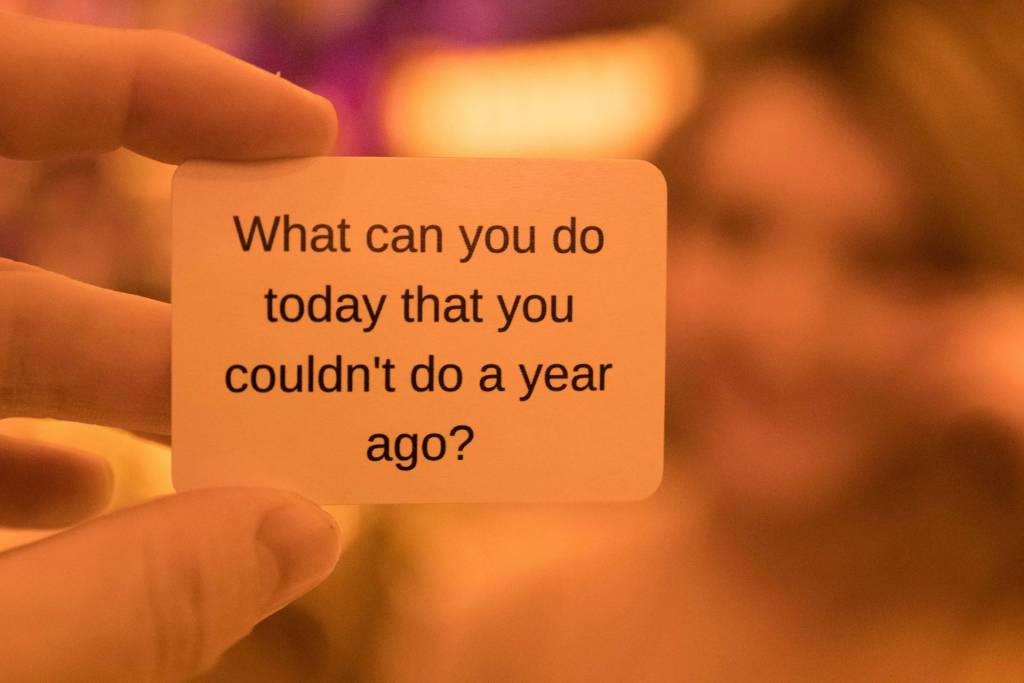Some of my favorite people are introverts. Like me, introverts need a good bit of alone time, which my staff calls my “cone time.” About half the time my nature cries out what Greta Garbo famously drawled (if Germans can drawl), “I want to be alone.” I like cone time, but I can go a few weeks in the glory of high contact environments: conferences, teaching, developing programs with my team, (and shopping pretty much anywhere).
The introvert NEEDS alone time, like flowers need the sun. Introversion is not a preference or an affectation.
Being a born introvert is a fate, if you will. Maybe a destiny. But, introversion is not a disability. It’s just a fact of life, along with lots of other dimensions in human nature.
Sometimes there is just too much noise for anyone to function well. When any employees are over-engaged in the hub-bub, whether or not they are introverts, productivity suffers. You see extraverts losing precious work time when they are driven to gab instead of buckling down. The easily distracted (ADD seems to be way over-used, but you know who I mean), lose focus and working time when they are surrounded by distraction.
In other words, everyone has their “thing,” Each of us has a best way of working and it goes downhill from there. Everyone does better with some quiet time away form the madding crowd.
So why are introverts an especial problem in the workplace, whether your company is together in one office or distributed in places around the world?
Introverts by definition are not at their best when they are with other people. A lot of veteran introverts can use a raft of tricks to get by when they MUST engage, but in general they are depleted by every interaction.
It’s a lot like decision fatigue for the rest of the population. No matter who you are, each decision you make during the day depletes your attention and cognitive flexibility for the remaining decisions you’ll face.
That’s why one habit of leadership is to not make any decisions except those necessary. Most exceptional leaders eat pretty much the same thing for breakfast every workday, set out their clothes for the week on Sunday night, and have a routine for anything that can be routinized. In other words, to be a highly functional leader, you have to sacrifice the small choices in life to be able to make the great big ones with all your brain power.
Introverts cannot easily routinize their introversion. They cannot choose to charge into a crowd and feel alive with the buzz, when their mind needs to be recharged with quiet time.
The introversion dilemma stems from our need for everyone to be like everyone. We want everyone to work in teams. We want everyone’s input on a project. And, that’s not simply the fault of management or large organizations, as we seek to develop our human assets. Even introverts often put themselves in positions where too much interaction is demanded and a gregarious personality is essential to a job they sought and landed.
When we all get good about being who we are – yes: when your personal brand is developed around your authentic qualities as well as your aspirational ones, we will function better as individuals and organizations. As we say in personal branding: be yourself, because everyone else is taken. If introversion is a dimension of your personal brand, let it be.












